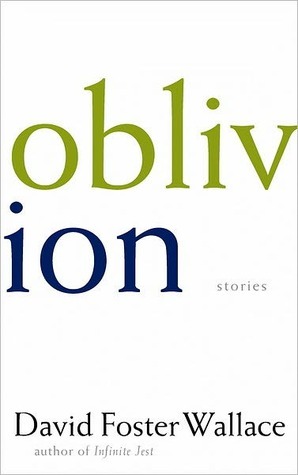More on this book
Community
Kindle Notes & Highlights
What goes on inside is just too fast and huge and all interconnected for words to do more than barely sketch the outlines of at most one tiny little part of it at any given instant.
the whole my whole life flashed before me phenomenon at the end is more like being a whitecap on the surface of the ocean, meaning that it’s only at the moment you subside and start sliding back in that you’re really even aware there’s an ocean at all. When you’re up and out there as a whitecap you might talk and act as if you know you’re just a whitecap on the ocean, but deep down you don’t think there’s really an ocean at all. It’s almost impossible to.
A corollary to the fraudulence paradox is that you simultaneously want to fool everyone you meet and yet also somehow always hope that you’ll come across someone who is your match or equal and can’t be fooled.
How sometimes it felt like I was actually asleep and none of this was even real and someday out of nowhere I was maybe going to suddenly wake up in midstride.
when I tried to do it alone I couldn’t seem to sit still and follow my breath for more than even a few minutes before I felt like crawling out of my skin and had to stop. I could only sit and appear quiet and mindful and withstand the unbelievably restless and horrible feelings when all of us were doing it together in the class—meaning only when there were other people to make an impression on.
There’s really no bigger cliché than losing your virginity and later having all kinds of retrospective tenderness for the girl involved.
I was in that state in which a man realizes that everything he sees will outlast him. As a verbal construction I know that’s a cliché. As a state in which to actually be, though, it’s something else, believe me.
The 19th Hole’s long, mahogany bar and tables began gradually to fill as more and more men chased in off various parts of the course by the storm came in to get warm and wait out the rain before going home to whatever was left of their families.
Except if time is really passing, how fast does it go? At what rate does the present change? See? Meaning if we use time to measure motion or rate—which we do, it’s the only way you can—95 miles per hour, 70 heartbeats a minute, etc.—how are you supposed to measure the rate at which time moves? One second per second? It makes no sense.


